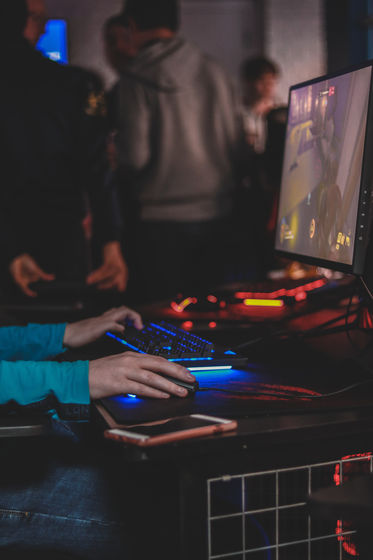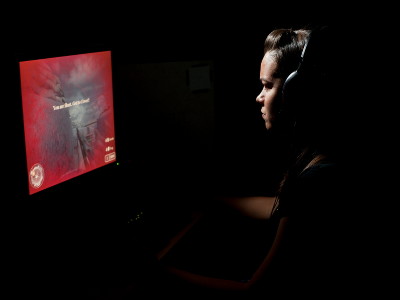Research results show that playing games enhances brain activity and decision-making ability

A research team at Georgia State University found that players who play the game more often have better decision-making ability in key areas of the brain and more active activity in key parts of the brain than those who do not. I made it clear.
Video game players have improved decision-making abilities and enhanced brain activities --ScienceDirect
Study: Video game players show enhanced brain activity, decision-making skill
https://medicalxpress.com/news/2022-07-video-game-players-brain-decision-making.html
ScienceDirect, a scientific journal, published a study on investigating gamers' brains using fMRI .
'The game is played by the overwhelming majority of young people for more than three hours each week, but the decision is made,' said Mukesh Damara, a senior researcher at Georgia State University's Institute of Physics and Astronomy and Neuroscience. We don't know exactly what their abilities or beneficial effects are on the brain, 'he said, arguing the importance of investigating the impact of games, which have become more popular in recent years.
He goes on to say, 'Our research provides some answers about playing games, such as training to improve decision-making efficiency once the brain regions associated with playing games are identified. It can be effectively used for therapeutic interventions, 'he said, arguing that a closer look at the effects of the game on the brain will allow us to take advantage of the benefits of playing the game. ..

The first author of the treatise, Tim Jordan, is said to have a PhD in physics and astronomy from Georgia State University. As a child, Jordan had poor eyesight in one eye, so he participated in a study called 'playing a game with one eye' at the age of five to restore his eyesight. As a result, even one eye, which was legally blind, can process visual information, and eventually it seems that sports such as lacrosse have recovered to a playable level. From this experience, Mr. Jordan seems to have become interested in the potential of the game.
Forty-seven college students from Georgia State University participated in the study presented this time. Of the 47 subjects, 28 are classified as 'gamers' who play games frequently, and the remaining 19 are classified as 'non-gamers' who do not play games. The subject performed a simple task in fMRI, 'While looking at the moving dots on the display, press the button held in the right or left hand to point the direction in which the dots move, and if the dots do not move, do not press the button.'
As a result of the task, we found that gamers scored much better than non-gamers. In addition, fMRI analysis of the brains of subjects performing the task revealed that the activity of specific parts of the gamer's brain was more active than that of non-gamers. In other words, it became clear that a specific part of the brain correlates with the result of the task.

'Playing games has shown to potentially enhance some of the subprocesses of mapping to sensory, perception, and behavior in order to improve decision-making ability,' the research team claims. In addition, 'The results of this study reveal how gameplay changes the brain to improve task performance and what it means to enhance task-specific activity. 'It also states.
Studies also found that there was no trade-off between response speed and accuracy, with gamers superior to non-gamers in both 'response speed' and 'accuracy.' Became clear. Therefore, the research team also notes that 'the fact that there was no trade-off between speed and accuracy of response indicates that game play can be a good candidate for cognitive training related to decision making.'
Related Posts:







